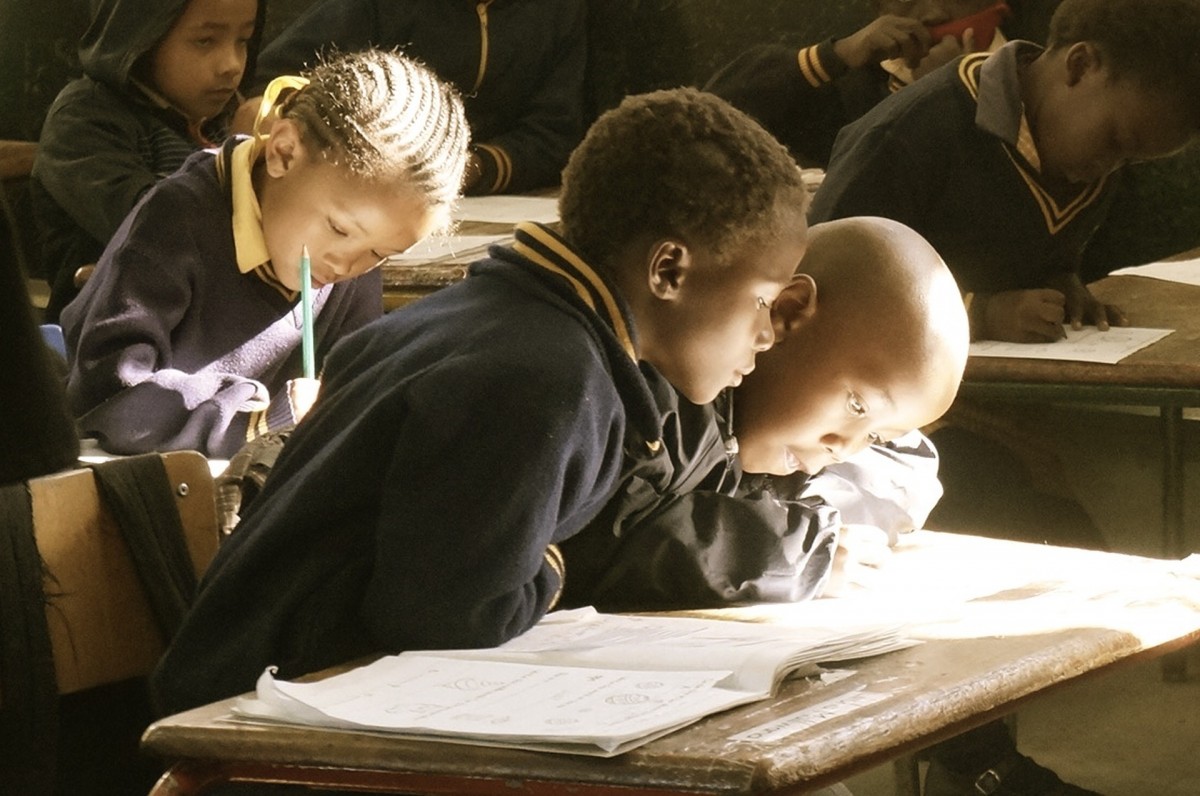COVID-19 has affected learning globally, with McKinsey reporting that schools in over 191 countries were closed as early as April 2020 to preserve student health and wellbeing. Though the EdTech industry stepped up admirably to provide e-learning platforms, it’s undeniable that the face of education has irreversibly been transformed.
Academic experts subsequently met at the Wise Summit 2021 in Doha to discuss how education should respond to student needs moving forward. Among the esteemed panel of educators was Shannon May, co-founder of NewGlobe Education. The organization is best known for its Bridge school programs.
“Incredibly limited budgets for governments, houses without even a single computer and no broadband in many areas, it was a major setback for the students,” May elaborated on the face of African education post-COVID. Indeed, this issue is a top priority for NewGlobe, and it is fully committed to working with visionary governments to transform educational outcomes across the continent. Here are a few of the initiatives the organization is undertaking to realize these objectives.
Learning in Liberia
In 2016, the Liberian government decided to outsource help in overhauling their public education system. NewGlobe’s Bridge was one of the partners it took on. Bridge’s trademark program provides each teacher with an e-reader to access curricula developed by educators in Cambridge, MA. These lesson plans provide an easy-to-follow script that fosters student discussion and engagement in the classroom.
This effort was lauded by incumbent vice president Jewel Taylor and the Ministry of Education for helping bring young, new mothers back to school. Recently, the Liberian government allowed Bridge to increase the number of schools under its helm to 179 — a significant increase from the 25 they held when the program began.
EKOEXCEL
In Nigeria, the Lagos State Universal Basic Education Board boasts NewGlobe as a technical partner in EKOEXCEL. First launched in 2019, the initiative uses cutting-edge technology to upskill teachers and improve the quality of primary education. Aside from Bridge’s standard e-readers, headteachers are also given smartphones to track classroom learning and make real-time adjustments. Under COVID, the program began using MP3 e-learning tools. The end result is the delivery of fun and engaging curricula, and the means for educators to use data analysis to effectively improve learning outcomes.
These efforts have all met resounding success, with EKOEXCEL representing Nigeria at the 2021 Mobiles for Education Alliance Symposium. Here, it reported that students advanced in numeracy twice as fast — and in literacy thrice as fast — as compared to those enrolled in traditional schools.
@Home
To help students to adjust to e-learning under COVID, NewGlobe rolled out its innovative Bridge@Home program. It provides a parent-friendly learning guide to help parents guide students through modules, activity sheets, and digital storybooks. @Home also conducts learning assessments in the form of mobile quizzes that can be easily accessed and answered on WhatsApp.
Most notably, this helped students in Kenya weather through pandemic-era education. For the sixth year in a row, Bridge Kenya pupils have aced the Kenya Certificate for Primary Education (KCPE) assessment. This year, KCPE takers scored 21 points higher than the national average, with many scoring above 400 marks. The highest possible score is 500 marks. It comes as no surprise that Bridge Kenya is currently a pilot partner in the implementation of the country’s new 2-6-6-3 curriculum.
Ultimately, initiatives spearheaded by leaders in education are helping African education thrive in the post-pandemic era, providing models to improve learning outcomes in developing nations. You can find more thought-provoking and uplifting pieces here at Yesselman.

